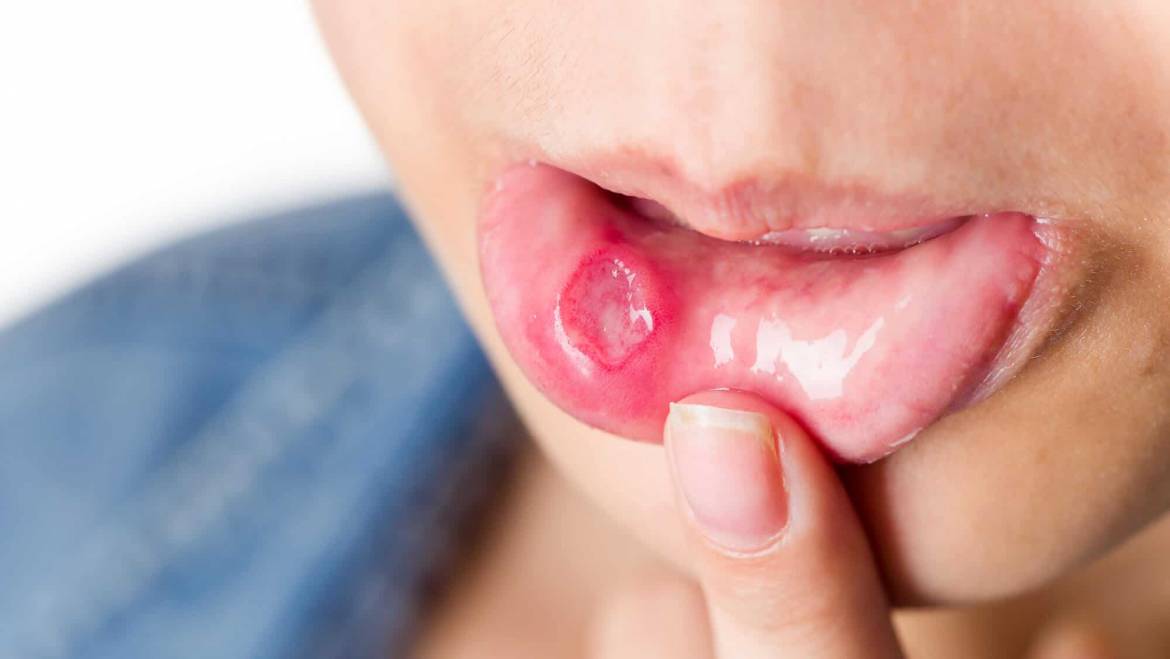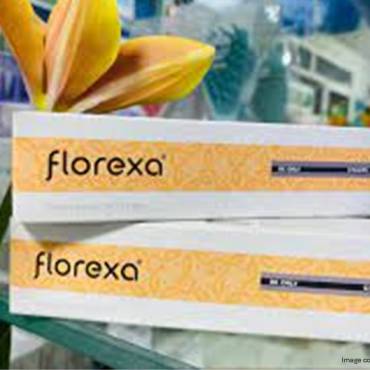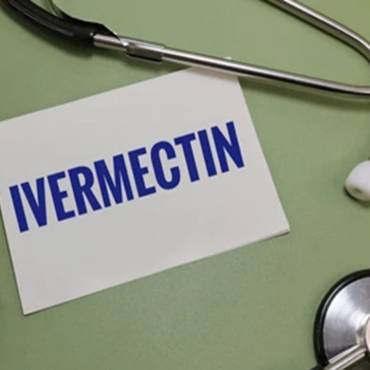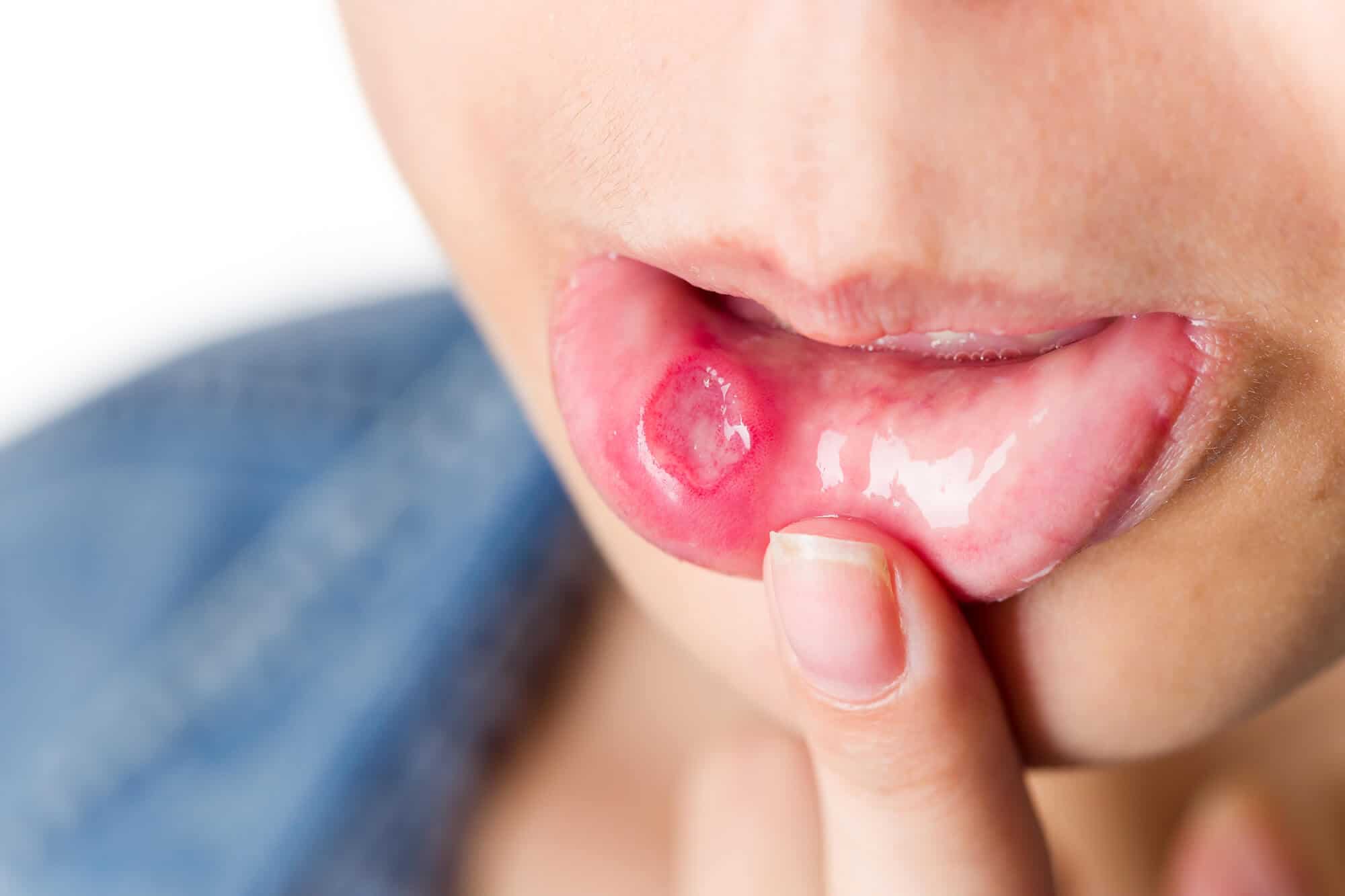
Are you finding the answers on how to treat a cold sore or cure cold sores? Here is the info for you.
Well, currently, there is no cure for cold sores. These are the painful blisters on or near lips caused by the herpes simplex virus, also known as (HSV-1). If you are someone with a healthy immune system, they usually disappear in about ten days.
While treating cold sores overnight is impossible, some treatment options are available to shorten their life spans. The best time to begin treatment is when you begin experiencing a tingling sensation or itching around your mouth area. These cold sore symptoms may happen a few days before blisters develop.
What Is A Cold Sore?
A cold sore is a fluid-filled blister that develops near or inside the mouth and sometimes appears on the nose or fingers. These red lesions often develop in clumps and can last up to two weeks.
What Are The Causes?
The cause of the cold sores is the herpes simplex virus. Type 1 herpes simplex usually causes cold sores, and type 2 simple virus usually gives rise to genital herpes. However, the blisters that occur from the virus tend to look similar in appearance. Cold sores are contagious once visible but can spread when they are unclear. HSV-1 is passed through contact like kissing, sharing foods, and using contaminated cosmetics. Before a cold sore is visible clearly, you may notice a tingling or burning sensation inside your mouth or over your facial skin. This can last a few days before the blisters appear clearly, and it’s the best time to treat a sore. In this article, you will learn about a few products that treat cold sores in the early stages and explain ways to use them to shorten the duration of an outbreak.
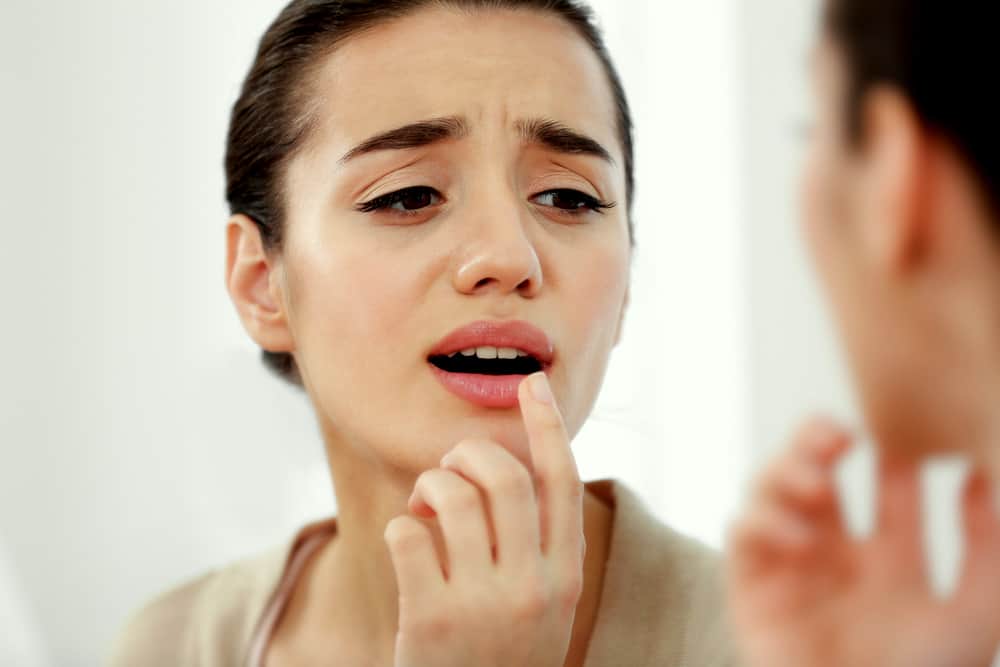
1. Lysine
Lysine is an amino acid that helps to prevent HSV-1 from being more active. According to research studies, lysine tablets may cause a significant reduction in herpes simplex virus outbreaks and their severity. Lysin is also effective in reducing healing time. Still, more research is required to explain the effects of lysine on cold sores, so speak to your healthcare professional before using it to treat a cold sore.
2. Rhubarb And Sage
According to a research study, a topical formulation made of rhubarb and sage may be as effective for reducing the appearance of cold sores as the antiviral drug acyclovir in the form of a topical cream. The studies suggest that rhubarb and sage formulation helped heal a sore in six to seven days.
3. Propolis
Propolis is a resin material collected by bees to seal crevices in their beehives. It contains antioxidants and is believed to have antiviral properties. As per studies, propolis may prevent the herpes simplex virus from replicating and spreading to other areas. To treat cold sores, apply the ointment, gel, or cream containing 0.5% to 3% five times a day.
4. Zinc
Topical zinc oxide cream may reduce the duration of cold sores. Oral zinc supplements work by strengthening your immune system and preventing outbreaks. Take a tablet every day with food. For treating a cold sore, apply the topical zinc directly to lesions to reduce blistering, tingling, and other irritation. Several other herpes medicines and skin care products are available to treat a cold sore. Please consult your doctor to get the best one for you.
5. Cool compress
The application of a cool compress over a cold sore is also soothing. This cold therapy can help reduce swelling and redness or discolouration. Additionally, it can help you eliminate inflammation by numbing the stinging/burning sensation of a cold sore and removing crusty areas. If you suspect a cold sore, you can also apply an ice cube at the initial symptoms of tingling to reduce the pain severity of the cold sore.
ALSO READ: What are Treatments for Strep Throat?
Prescription Antiviral Drugs
How to stop cold sores fast? If you wish to get rid of a cold sore fast, consult your doctor immediately. Your doctor may recommend a prescription antiviral agent to treat a cold sore. Most antiviral agents come in a tablet or topical formulation, while some are available in injections. They may cause a significant reduction in the length of an acute outbreak or prevent the formation of new sores. To help reduce the chance of a major breakout, it is important to begin antiviral therapy as soon as you suspect a cold sore is about to occur, even if blisters haven’t formed. Some prescription antiviral drugs are acyclovir, valacyclovir, famciclovir, and penciclovir. Prescription antivirals are the most effective when used within 24 to 48 hours of an outbreak. Please ask your doctor about a daily antiviral if you have frequent cold sores. This causes a significant reduction in the frequency and severity of future outbreaks.
Takeaway
You may know the signs if you have ever had a cold sore. It begins with a tingling sensation, and the edge of your lip or the corner of your mouth starts to burn. Most cold sores resolve within a few weeks, even without medicinal treatment. Treating the condition as soon as symptoms appear may reduce its severity and duration. The earlier you begin the treatment, the better chance will be preventing an outbreak. Home remedies often work to manage a cold sore. Speak to your doctor about the first symptom of a cold sore to identify the best treatment for you.
admin
Latest posts by admin (see all)
- Why Azelaic Acid should be your next skincare upgrade? - December 6, 2025
- Sildenafil Jelly – A Faster-Acting Alternative to Traditional ED Tablet - August 22, 2025
- Not Just Thirsty: Surprising Signs Your Body Is Dehydrated - August 8, 2025

